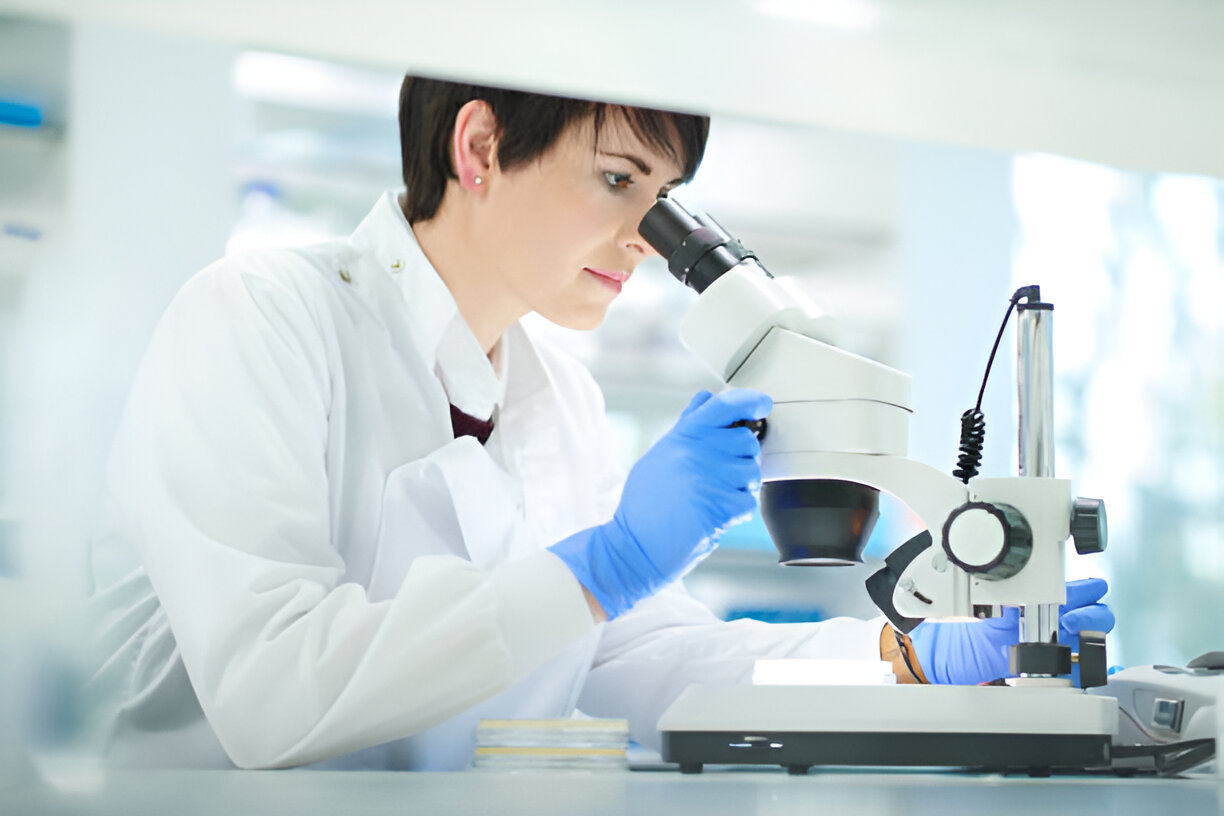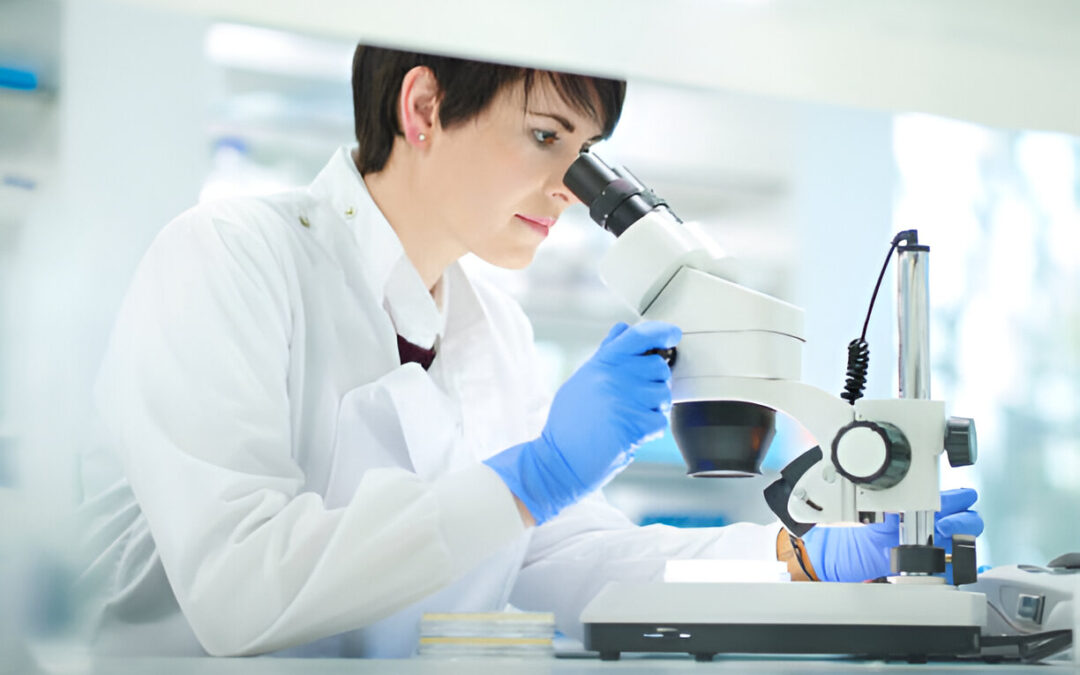Porcine Collagen vs. Alternatives: What Makes It a Superior Choice?

Collagen plays a critical role in skin health, joint function, tissue repair, and medical applications, making it a highly sought-after ingredient across multiple industries. While bovine and marine collagen are commonly used, porcine collagen has emerged as the most cost-effective, widely available, and highly effective alternative.
At SSR we provide high-quality porcine collagen materials tailored to meet the needs of various industries, from medical and pharmaceutical applications to nutraceuticals and cosmetics.
How Porcine Collagen Compares to Other Sources
When selecting a collagen source, factors like cost, availability, effectiveness, and sustainability are essential to making the right choice for your application. Here’s a closer look at how porcine collagen compares with bovine and marine collagen:
- Bovine Collagen
Bovine collagen is commonly used in supplements and skincare products. However, it can be more expensive due to the fluctuations in cattle farming supply and the larger environmental footprint of cattle. Bovine collagen also differs structurally from human collagen in some ways, which may slightly reduce its effectiveness in medical applications compared to porcine collagen. Despite this, it remains a popular choice due to its versatility and availability. - Marine Collagen
Marine collagen, sourced from fish skin and scales, is often marketed for beauty products because of its rapid absorption rate. However, it is typically more expensive than both bovine and porcine collagen due to the limited supply and the more labor-intensive process of harvesting. While marine collagen is effective for skin health and anti-aging applications, its limited availability and higher cost make it less accessible for other industrial applications. Additionally, it is often seen as a more niche product, primarily used in cosmetics and skincare. - Porcine Collagen
Porcine collagen is structurally very similar to human collagen, especially Type I and Type III collagen, which are key components of skin, joints, and tissues. This structural similarity makes porcine collagen highly effective for medical applications like wound healing and regenerative medicine. It is also more cost-effective and available in larger quantities compared to marine collagen, and offers a more affordable alternative to bovine collagen while still maintaining high standards of quality and effectiveness.
Why Porcine Collagen Stands Out
Porcine collagen offers several key advantages that make it the preferred choice for manufacturers and researchers:
- Highly Similar to Human Collagen
Porcine collagen most closely resembles the collagen found in the human body, particularly Type I and Type III collagen. This makes it ideal for applications such as wound healing, regenerative medicine, and skincare, where a high degree of compatibility with human tissues is essential. - Cost-Effective and Scalable
Porcine collagen is widely available, making it more affordable than marine collagen, which is limited in supply, and bovine collagen, which can have higher costs due to fluctuations in the cattle market. Additionally, porcine collagen can be sourced in larger quantities, making it an ideal option for both small-scale and large-scale production. - Versatile for Multiple Industries
Used in wound healing, medical devices, joint health supplements, cosmetics, and food production, porcine collagen’s diverse applications make it an essential ingredient across various sectors. - Sustainable and Ethical Sourcing
By utilizing every part of the animal, porcine collagen contributes to a zero-waste approach, reducing environmental impact compared to the sourcing of bovine collagen, which often requires a larger carbon footprint due to cattle farming, and marine collagen, which can be limited by oceanic ecosystems.
Leading the Way in High-Quality Porcine Collagen
At SSR, we are committed to delivering premium porcine materials to industries that rely on quality, consistency, and sustainability. Our ISO 22442-2 compliant, SQF-certified facilities ensure that our porcine collagen meets the highest regulatory and safety standards.
If you’re looking for a cost-effective and high-performing collagen solution, connect with us to learn more about our sourcing and supply capabilities.


